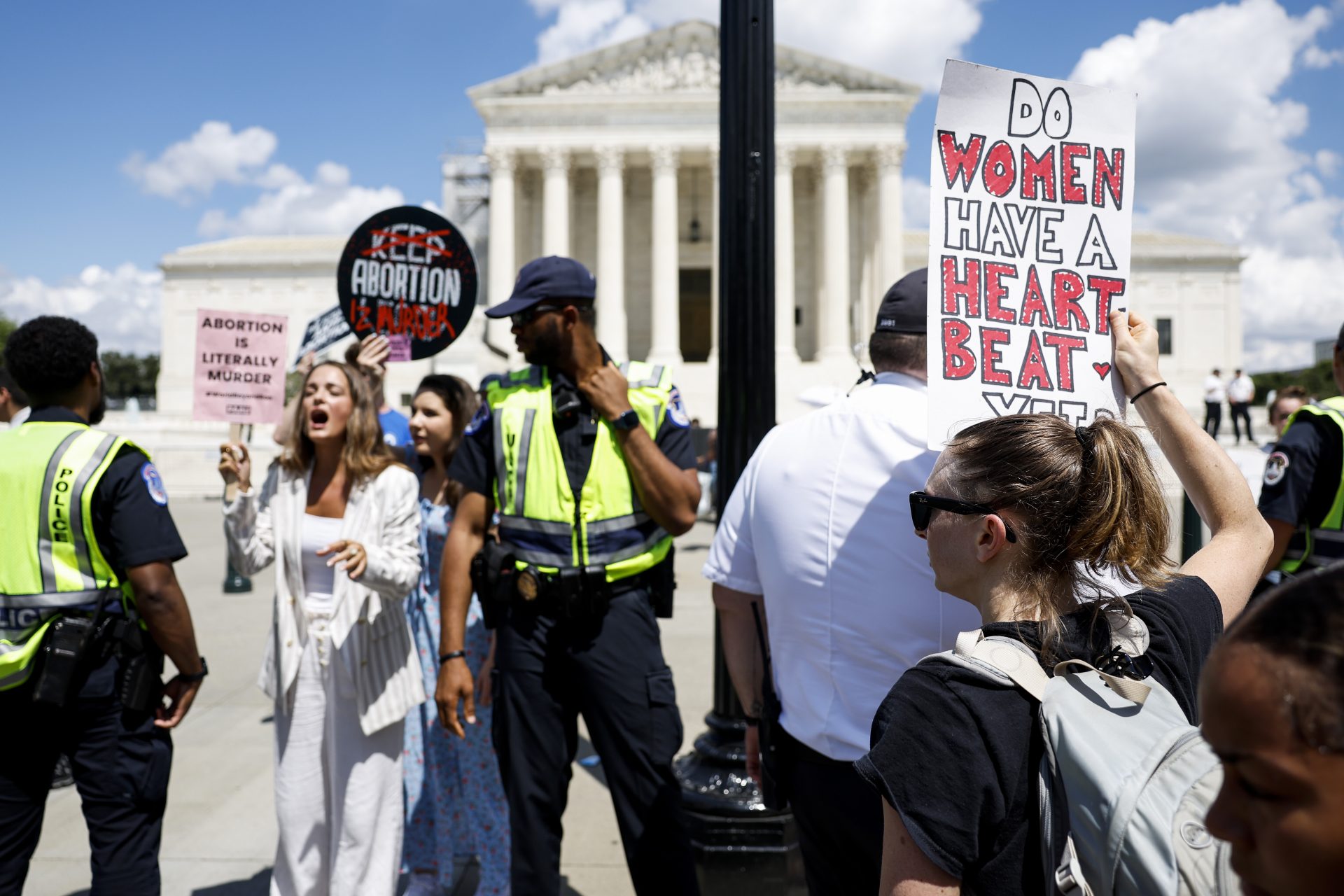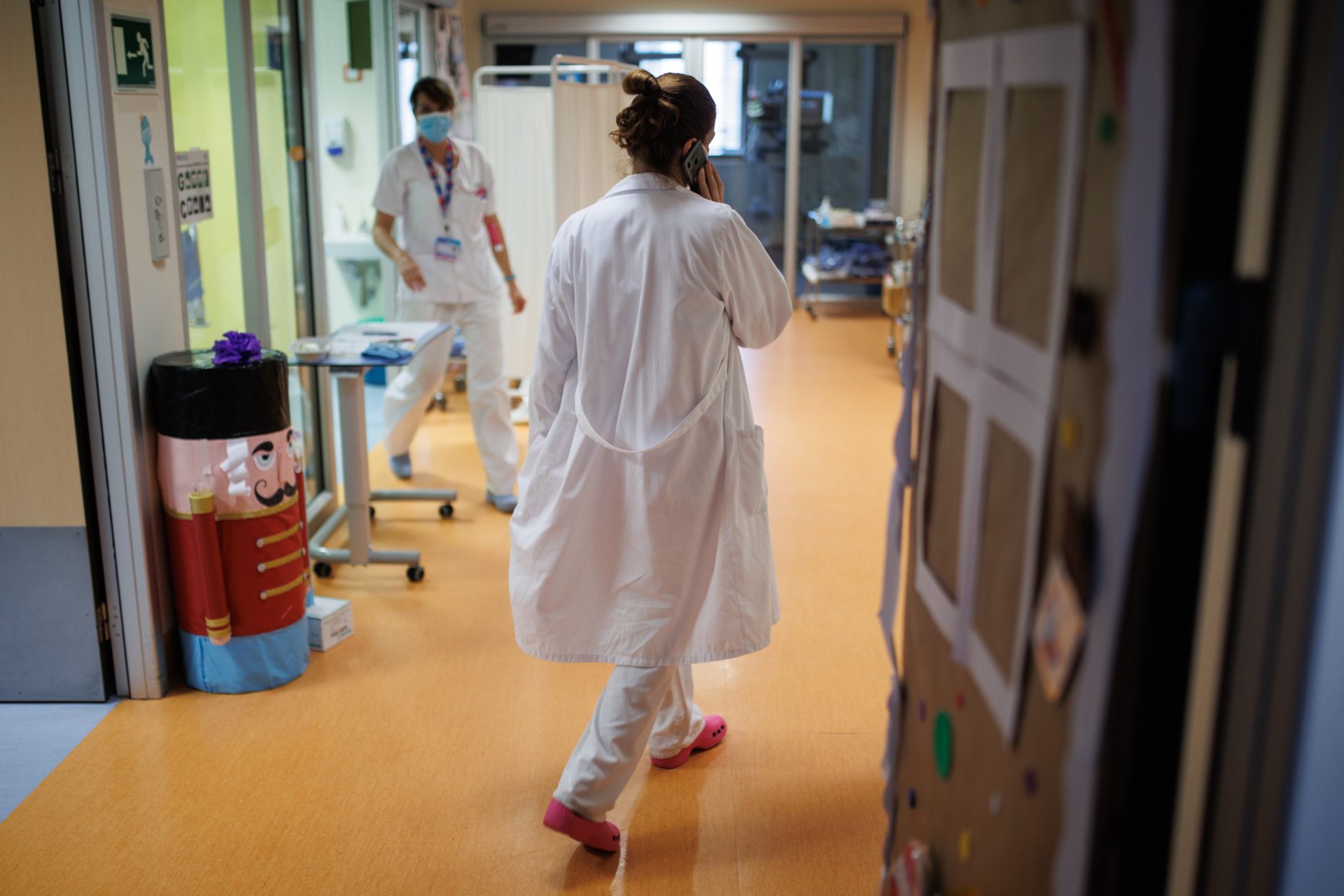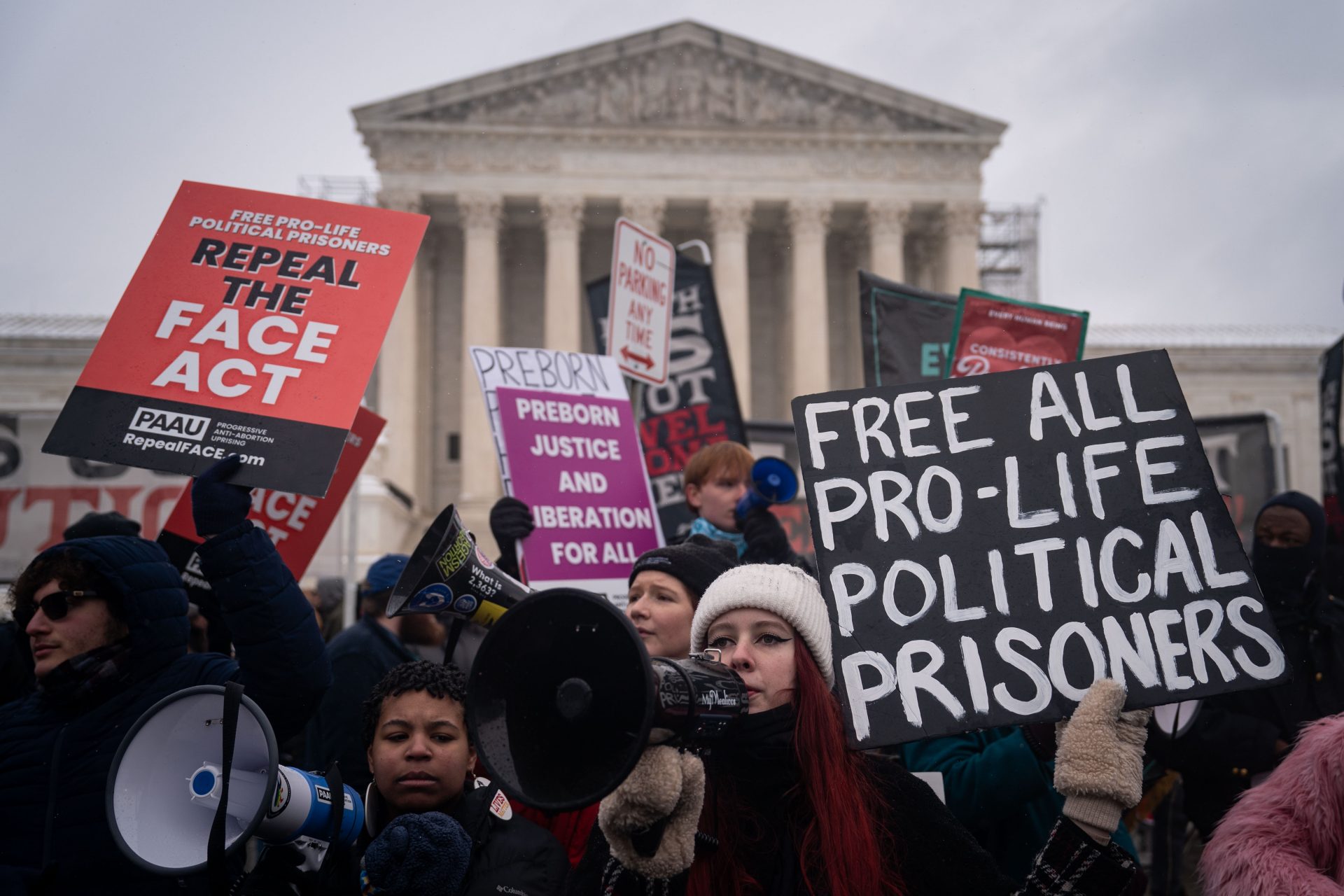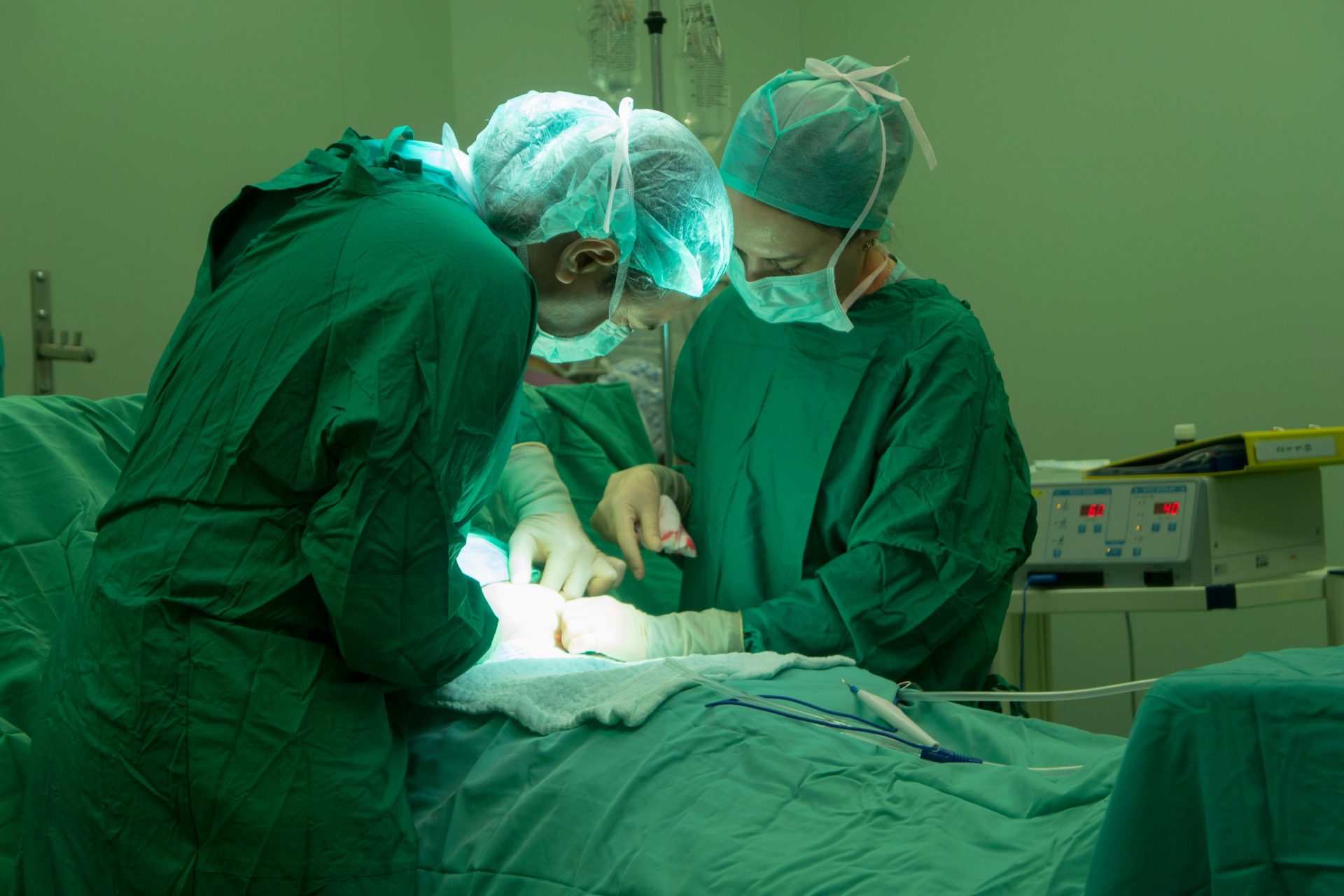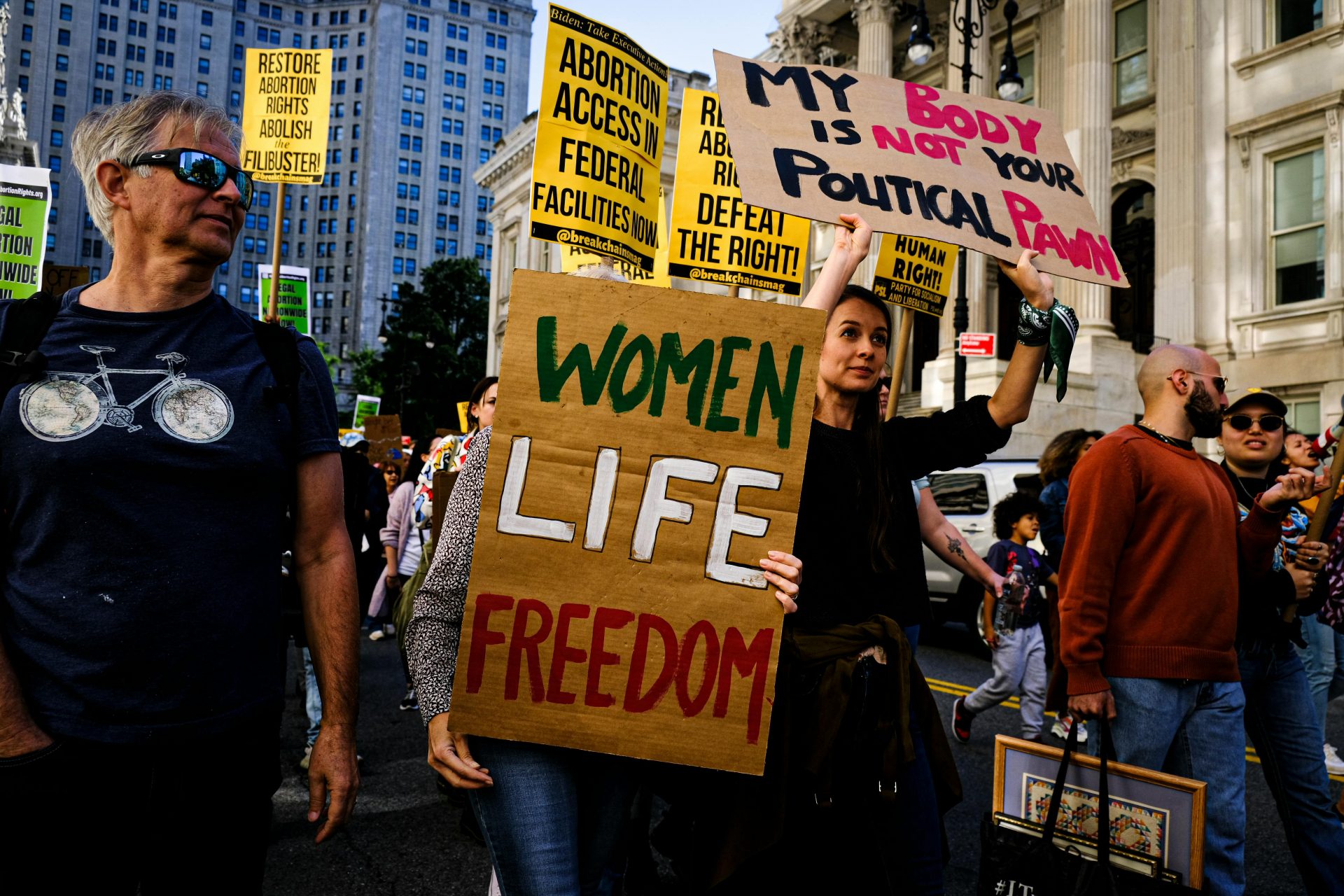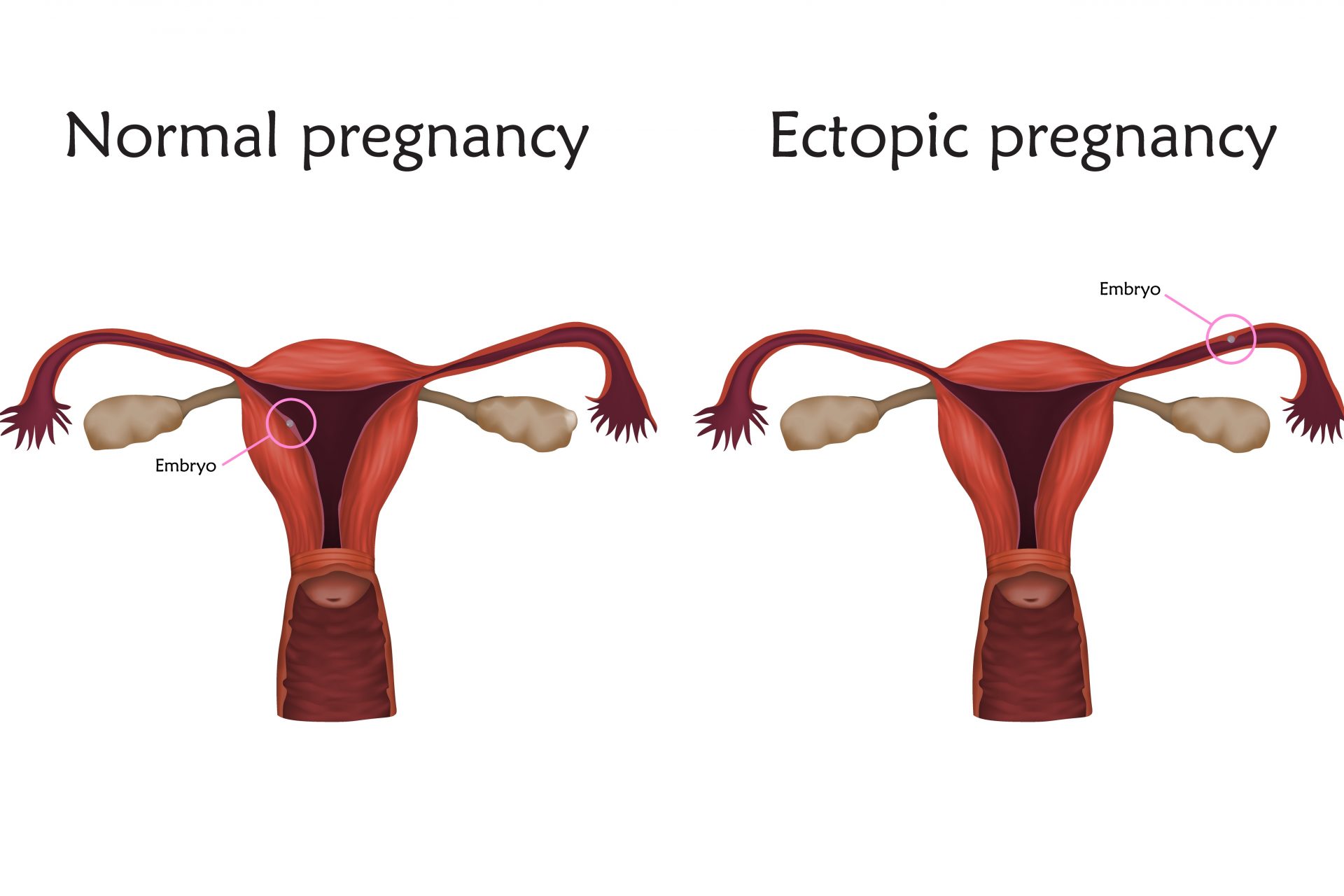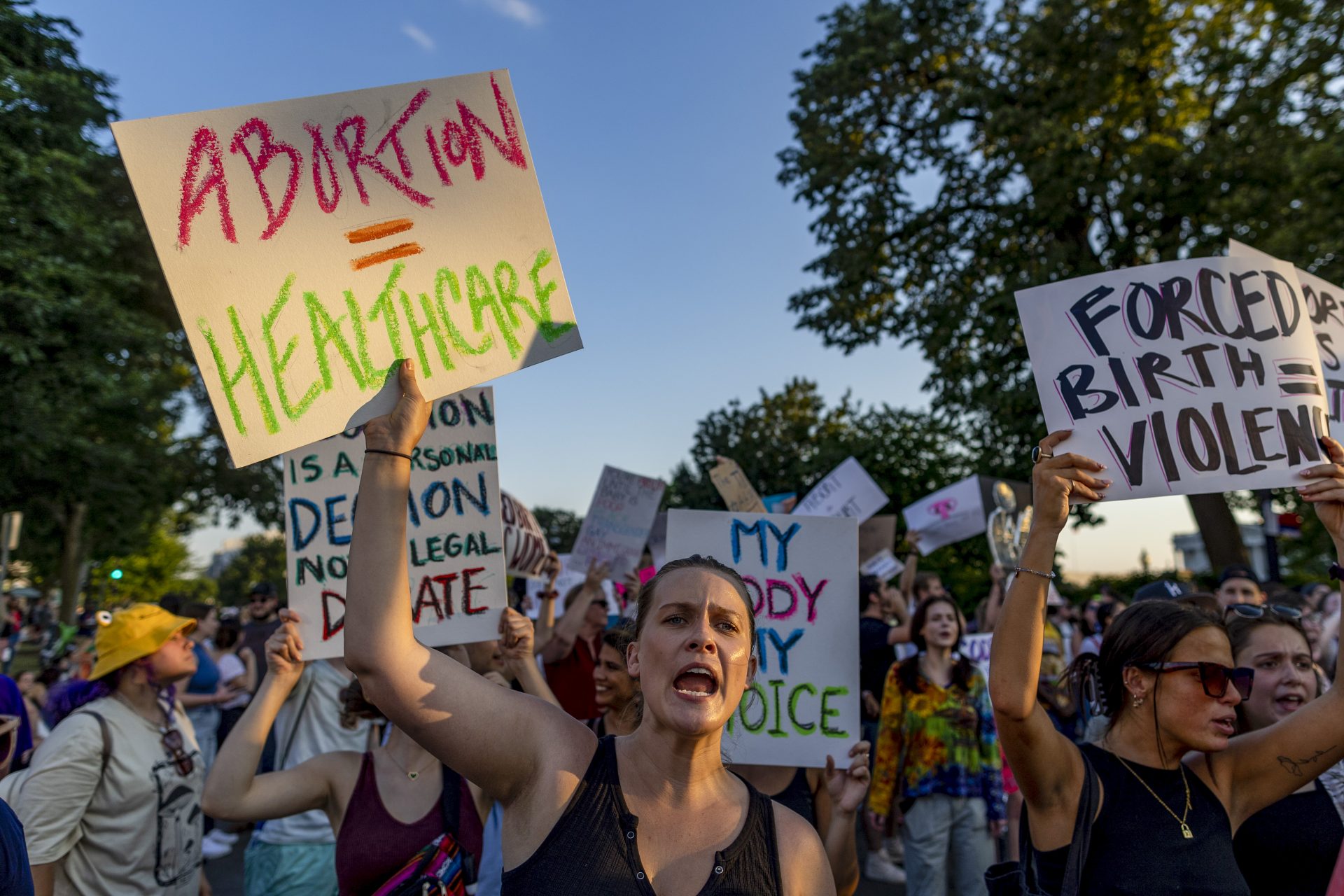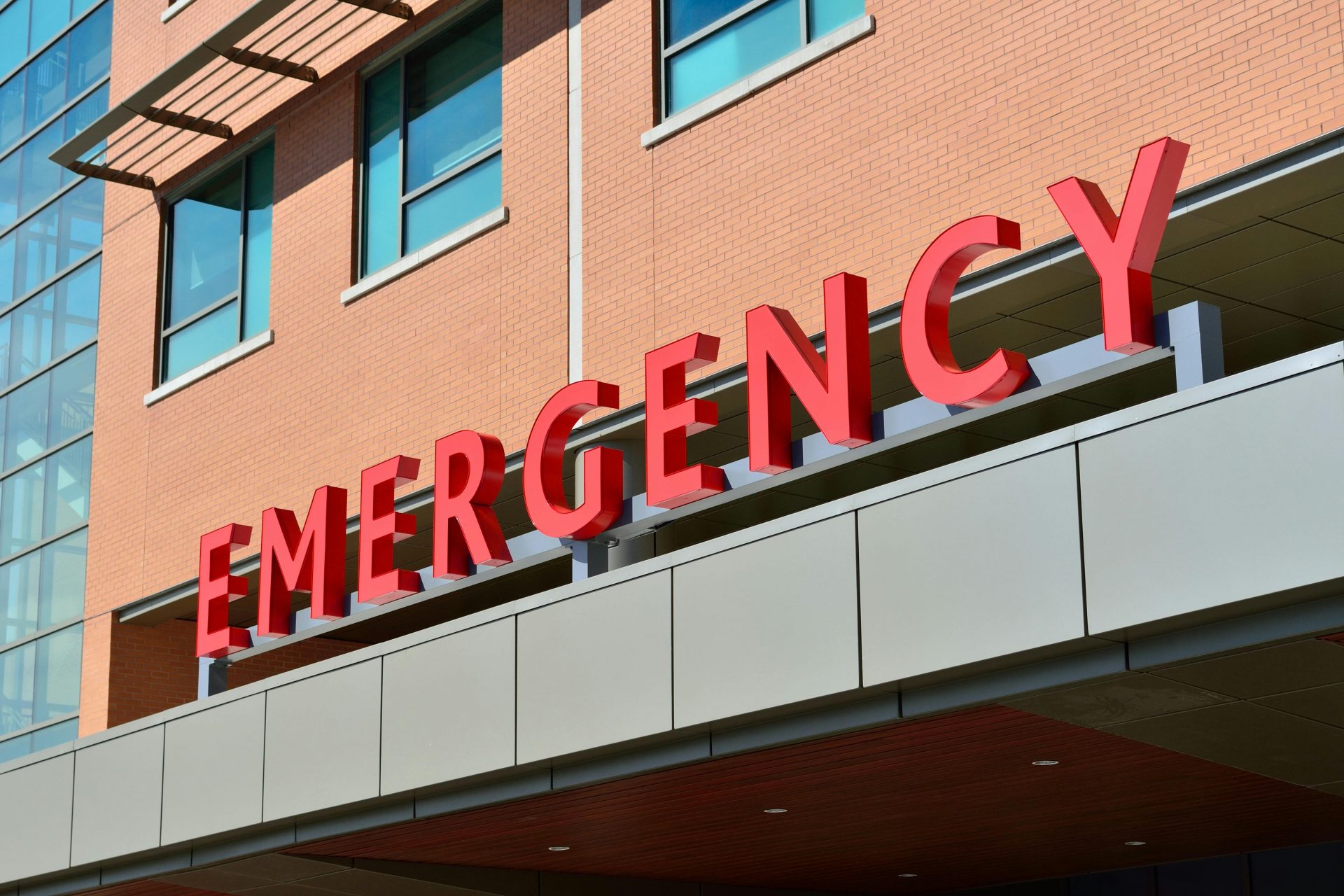Abortion bans could kill women and harm the healthcare system, study finds
A new study by Physicians for Human Rights was published in March 2023, looking at some of the health consequences of Louisiana’s aggressive abortion ban. It reveals that the new legislation puts the health and even lives of patients at risk…
It’s been nearly two years since the US Supreme Court overturned Roe v. Wade and the constitutional right to abortion. This study, which draws on dozens of interviews with healthcare providers and patients, is one of the most comprehensive looks at the consequences on women’s health. The report is called Criminalized Care: How Louisiana's Abortion Bans Endanger Patients and Clinicians.
The report concludes that the abortion ban is changing the way physicians treat their maternal patients and worsening maternal health care. "There are going to be deaths that didn't have to happen. There are going to be severe complications that didn't have to happen," Dr. Nicole Freehill, a New Orleans OB-GYN interviewed for the report, told NPR.
Photo: Rdne Stock Project / Pexels
The research also found that the bans’ "narrow and ill-defined exceptions" for abortions, which are sometimes needed to save a woman’s life, "create confusion, uncertainty, and fear for both pregnant patients and clinicians, who face significant professional, civil, and criminal penalties for providing the patient-centered and compassionate care they were trained for."
One doctor told the report that she and her colleagues received a letter from the attorney general threatening doctors with jail if they break any of the rules. This has caused fear among doctors, who sometimes have to choose between saving a life or saving their own behinds in the case when a situation is in a grey zone of the rules. Here are some examples…
In one case, a doctor describes a pregnant patient who had no choice but to remain pregnant. "[S]he was quite sick, and they said, 'No. We have to maximize all medical management options before we could offer any sort of termination procedure.' And I’m thinking, but what if she doesn't want to wait that long because she could have a heart attack and die? I don’t know. At what point can you act?"
Then, there was the case of a woman who got pregnant while she had kidney failure and heart problems. "Both [her] cardiologist and the nephrologist would not write in the chart that they thought that the patient was at risk of dying because they knew what the implications of that would be and didn’t want their names on her chart." As a result, she didn't see a specialist until 16 weeks, almost dying in the process, according to another specialist interviewed.
Another unforeseen consequence is that key first-trimester appointments with doctors are being pushed back. Why? Because there is more risk of miscarriage in the first trimester, and healthcare professionals want to "avoid the risk of miscarriage care being misconstrued as an abortion in violation of the bans," according to the report. So instead of the usual 8-week appointment, many are being pushed back to 12 weeks.
In other extreme examples, some women are being forced to undergo Cesarean section surgeries to empty their uterus and avoid infection, instead of receiving an abortion procedure or medication.
Photo: Engin Akyurt / Unsplash
C-sections are major abdominal surgery and carry much more risk than an abortion procedure. "Which is ludicrous, absolutely ludicrous," Dr. Freehill said. "The least safe thing that we do, no matter if it's early in pregnancy or full-term at your due date, is a C-section."
Photo: Molly Blackbird / Unsplash
The report describes what happened to a 20-week pregnant woman who had the condition PROM that would not result in a viable pregnancy. But instead of doing the usual D&C procedure, which could be misconstrued as an abortion, she had to go through a C-section. In the end, this put her at higher risk for future pregnancies and meant she could no longer deliver "naturally," according to one doctor.
Photo: Katie Godowski / Pexels
While Lousiana allows abortion exceptions for ectopic pregnancies – which are not viable and threaten women’s lives — the report found that clinicians are taking extra time and steps to be 100% sure that their decisions cannot be misinterpreted as regular abortions, which they have to prove beyond a reasonable doubt. This delays treatment. "I could have died. I really could have died," a patient in this situation told researchers.
For some women with unwanted pregnancies, they are willing to go out of state for abortion treatment. For wealthier women, this is not much of a problem. But for marginalized women, the cost, travel time, finding child care etc, becomes much more challenging. "I’ve had so many patients that have ended up not terminating because they just can’t figure out how to be gone from their homes for three or four days," one doctor said.
Photo: Alex Green / Pexels
Another consequence was that the abortion bans have damaged relationships due to legal fears. "Well, I’m hopeful that [my patients] still trust me, but it’s hard to be trusting when you are told that I have to send you here or you have to go there. These are options, but I can’t help you. You are on your own," said one doctor. Other doctors even withhold information out of fear.
Doctors also note that more small clinics are increasingly transferring patients to large urban hospitals for maternal care. Again, this is because they are afraid of misperceptions and “don’t want to deal with it.” This drives up healthcare costs and leads to more delays in emergency care, for everyone.
Photo: Pixabay / Pexels
Another conclusion was that these moral dilemmas are very distressing to some doctors and will likely have long-term impacts on the state’s healthcare workforce. So, these experts in maternal health might just pack up and leave somewhere they can work how they want to - harming all maternal patients. Likewise, newcomers may avoid training in the state.
Photo: Cedric Fauntleroy / Pexels
More for you
Top Stories



